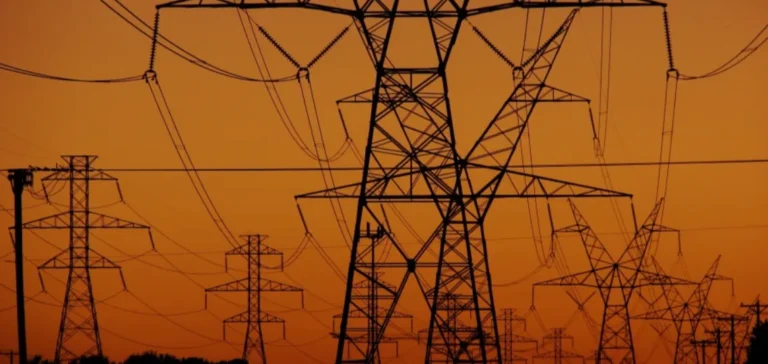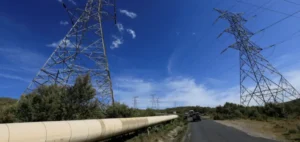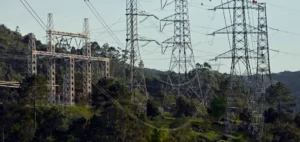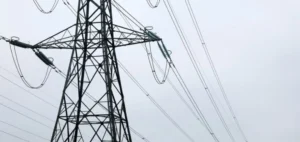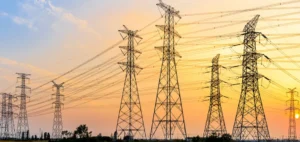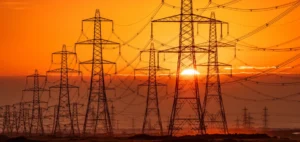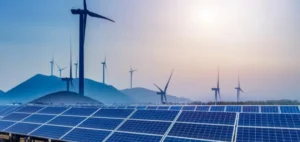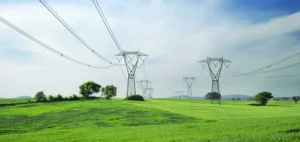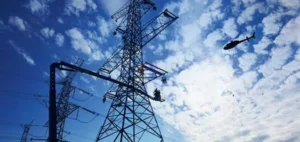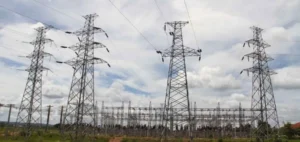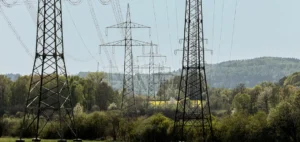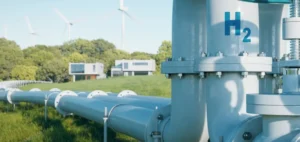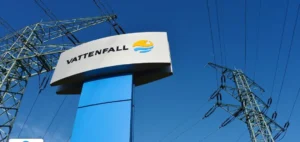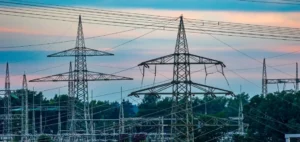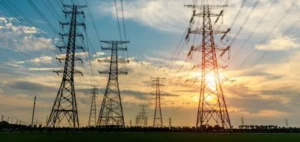The Turkish government and the World Bank are finalising a financing package worth up to $6bn to upgrade the country’s electricity transmission network. The objective is to adapt the current infrastructure to accommodate an increase in renewable and nuclear capacity by 2035, while also securing regional interconnection needs with the European Union.
A technical lever to quadruple capacity
The programme aims to technically enable the quadrupling of Türkiye’s solar and wind fleet, along with the integration of 7.2 GW of nuclear capacity under construction or in planning. The national transmission system operator, Turkish Electricity Transmission Corporation (TEİAŞ), remains at the centre of this strategy, operating under the technical specifications and procurement rules set by the World Bank.
The initiative follows the $750mn loan signed in October under the Transforming Power Transmission System project. The planned infrastructure is expected to ensure grid reliability in the face of rising intermittent production, while avoiding the tariff and technical congestion issues already observed.
Geopolitical rebalancing and Western anchoring
Ankara has opted to structure this financing through Western multilateral actors, moving away from previous bilateral arrangements with Russia and China. This approach enables future projects to align with European regulatory standards (ENTSO-E), financial compliance, and grid cybersecurity, facilitating cross-border electricity flows to Europe.
While Türkiye maintains its partnership with Rosatom for the Akkuyu nuclear plant, this diversification avoids a full energy lock-in with a single supplier. It increases Ankara’s strategic flexibility amid international sanctions targeting Russian energy sectors.
Implications for industrial players and investors
The $6bn programme is part of a broader $28bn investment plan to modernise Türkiye’s electricity network. This framework opens a cycle of procurement opportunities governed by World Bank standards, offering clear visibility to European, Japanese, and Chinese suppliers in HVDC systems, automation, and network digitalisation.
Multilateral involvement also enhances the bankability of private renewable and nuclear projects. For independent power producers (IPPs) and large industrial off-takers, a more resilient network improves tariff stability and access to grid capacity.
Establishing Türkiye as a green electricity export hub
Türkiye aims to position itself as a regional hub for exporting green electricity to the European Union. Strengthening interconnections with Azerbaijan, Georgia, Bulgaria, and Romania supports this strategy, alongside major Eurasian power corridor projects such as the Black Sea submarine cable.
This strategy could place Ankara at the centre of Eurasian electricity flows, reducing reliance on fossil energy imports. For European policymakers, the development raises the question of deeper engagement with Türkiye or support for alternative regional routes.


